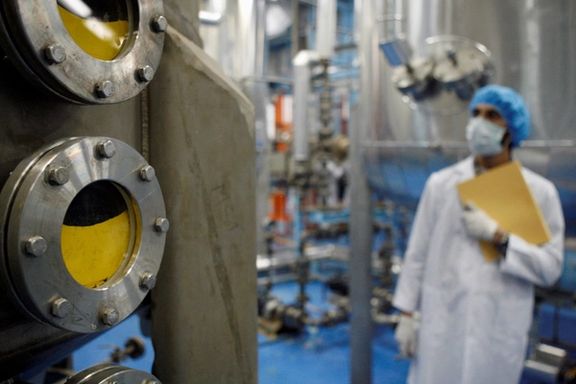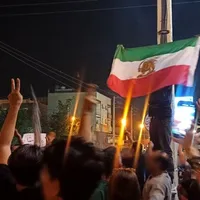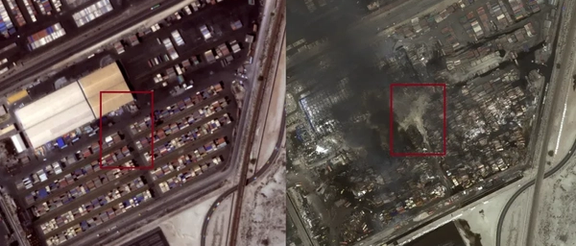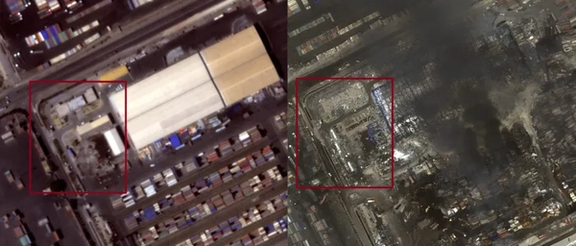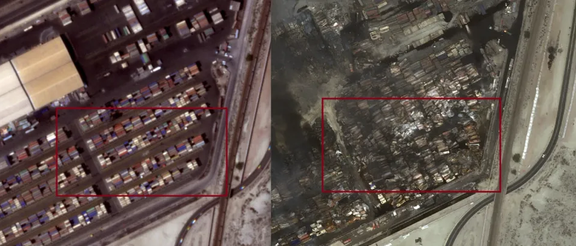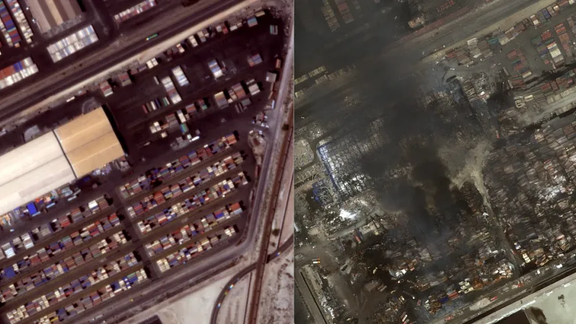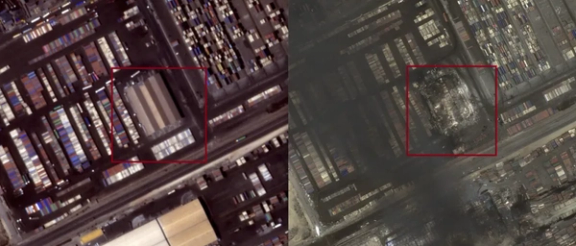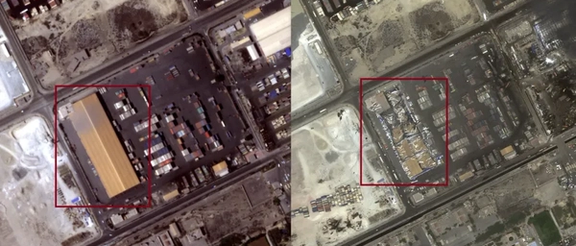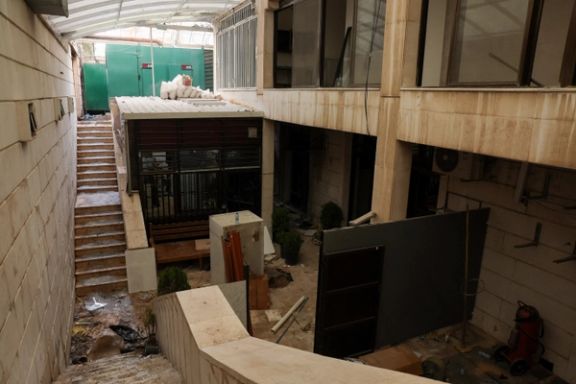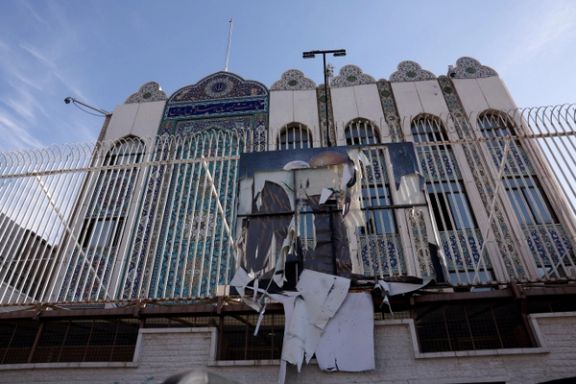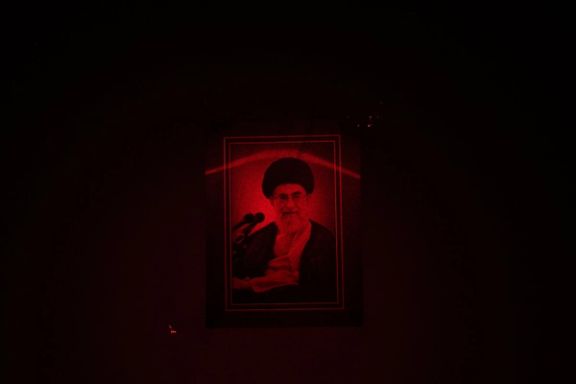The framework under discussion largely mirrors the 2015 Joint Comprehensive Plan of Action (JCPOA), which was abandoned by President Donald Trump in 2018, but includes stricter inspections, extended timelines, and expanded sunset clauses.
“Essentially, the negotiations are shaping into a ‘JCPOA 2’ with some additions that would allow Trump to present it as a victory, while Iran could still keep its right to enrichment,” said a senior Iranian official.
Under proposals discussed in April, Iran would cap enrichment at 3.67%, in line with JCPOA limits, and allow expanded access to its facilities for the International Atomic Energy Agency (IAEA), three Iranian officials said.
Supreme Leader Ali Khamenei has set a key red line: Iran’s enriched uranium stockpile must not be reduced below levels agreed in 2015. Iran has recently enriched uranium to 60% using advanced centrifuges, far beyond what the JCPOA allowed.
Iran open to uranium exports — even to the US
As part of compromise proposals, Iran could retain a minimal enrichment capacity using 5,000 centrifuges and import additional uranium — possibly from Russia — according to a senior Iranian security official.
Iran now operates around 15,000 centrifuges, compared to the 6,000 permitted under the 2015 deal.
A regional source close to Tehran added that Iran "will keep a portion of it — diluted — inside the country while sending another portion abroad, possibly to Russia.”
According to the same source, Iran has “even floated the idea of selling enriched uranium to the United States.”
Tehran demands guarantees Trump won’t exit deal again
In exchange for limiting enrichment and accepting enhanced inspections, Tehran is seeking firm guarantees that President Trump would not again withdraw from the deal.
“We need watertight guarantees this time,” one Iranian official said. Another noted that deep mistrust remains due to the abrupt US exit in 2018.
Ballistic missile issue remains unresolved
The talks face a major sticking point over Iran’s missile program. Washington wants it addressed in the new agreement, but Iranian officials say their missile development is not up for negotiation.
“Tehran continues to reject any discussion,” said a regional security official. “The problem is that without addressing the missile issue, Trump cannot claim that the new deal goes beyond the JCPOA.”
An Iranian official previously told Reuters that Tehran may offer to refrain from building nuclear-capable missiles as a “gesture of goodwill,” but would not commit to terms exceeding the original 2015 deal.
Israel caught off guard, urges tougher terms
Israeli Prime Minister Benjamin Netanyahu was blindsided by Trump’s decision to resume talks with Iran, learning of the move less than 24 hours before a joint appearance in Washington, four sources familiar with the matter said.
Netanyahu had come to the White House in April seeking support for potential military action and was shocked to discover the US had already scheduled nuclear talks with Iran.
Israel is demanding “zero enrichment” and a Libya-style deal that would dismantle Iran’s entire nuclear infrastructure. The current proposals fall short of those expectations.
